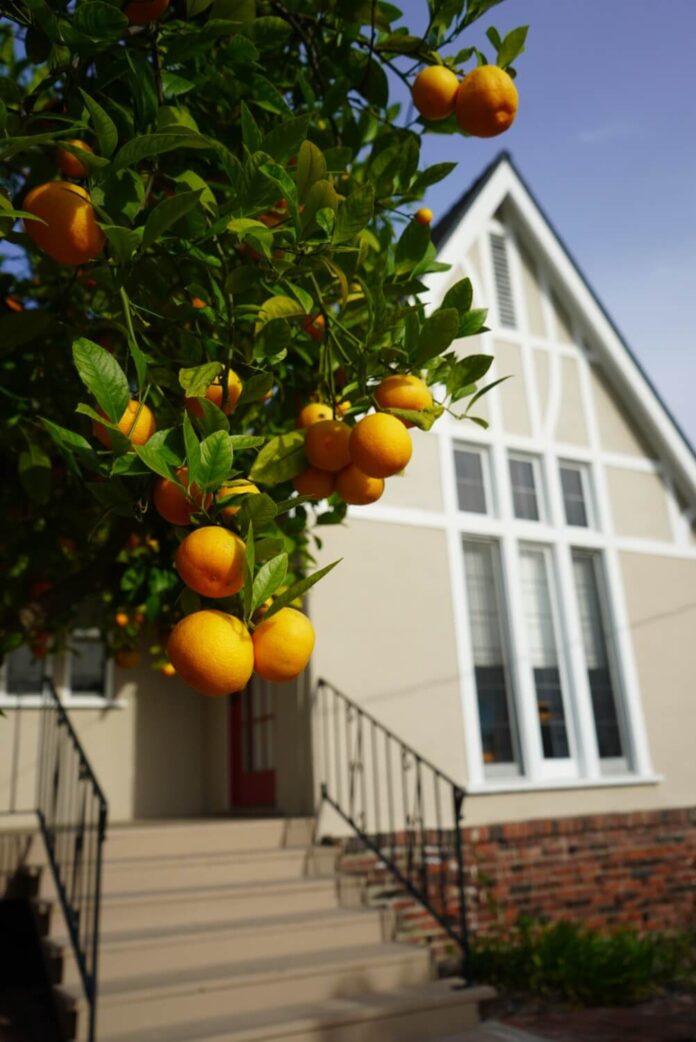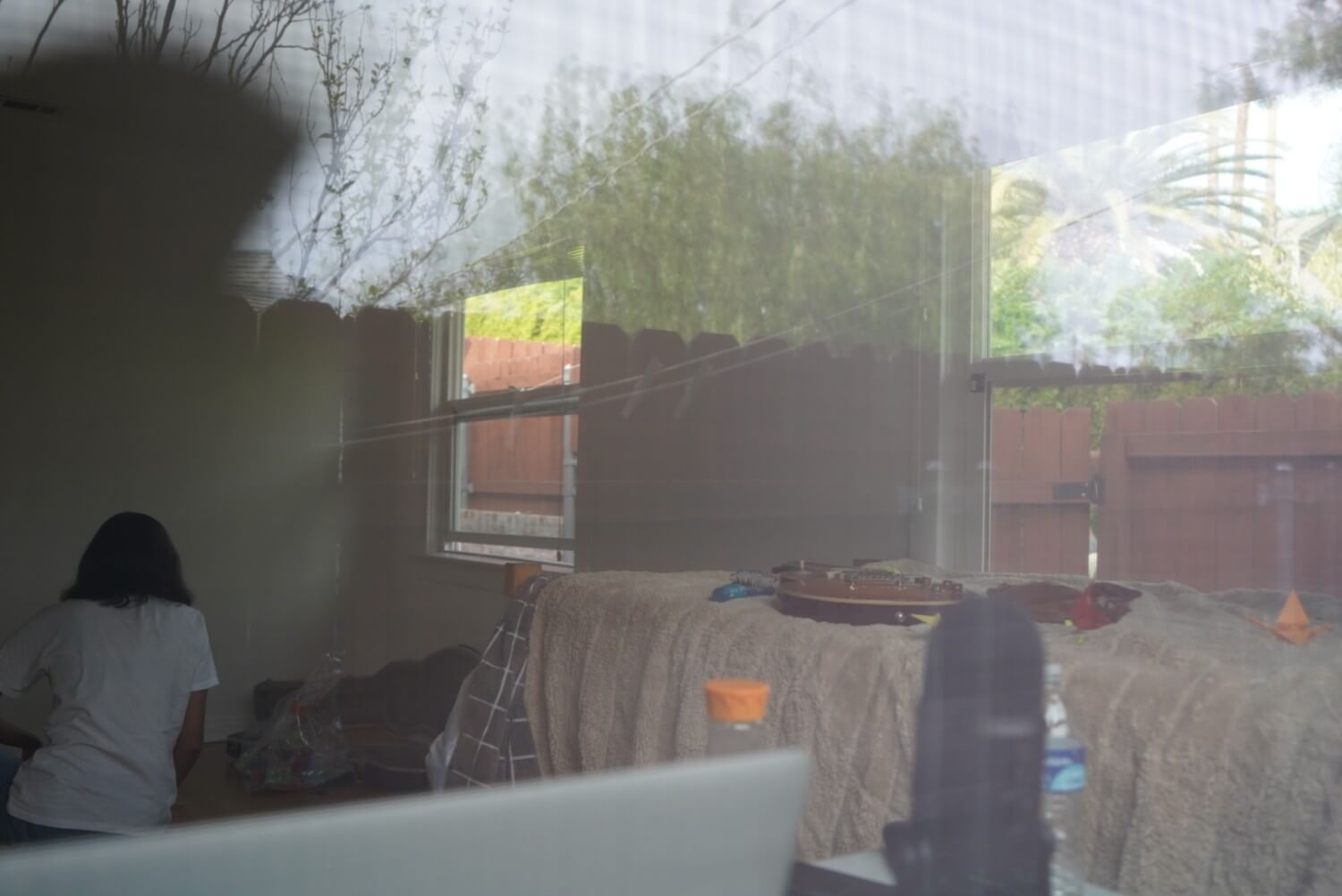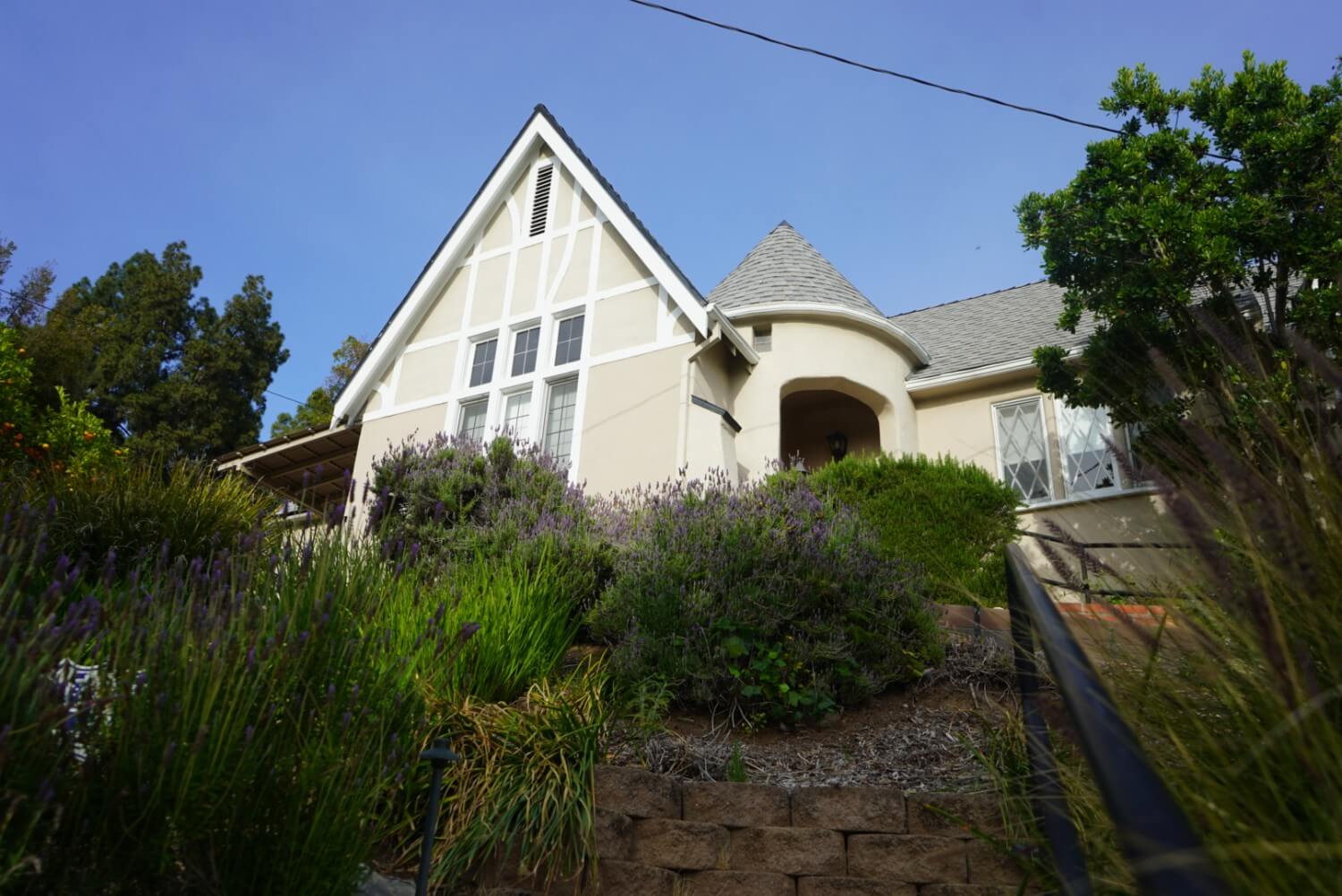
During the week of March 27, Occidental College reported the highest number of COVID-19 cases since the beginning of the pandemic, with 99 active cases under management at the beginning of April, according to the college’s tracking document. The record number of cases tested Occidental’s ability to house and monitor COVID-19 cases on campus and resulted in students being housed in several off-campus college-owned houses and local hotels, in addition to on-campus isolation rooms, according to James Uhrich, vice president for Information Technology Services (ITS), chief information officer and co-chair of the COVID Operations Group (COG).

When a student tests positive, COG works with Emmons Wellness Center and Residential Education & Housing Services (REHS) to find appropriate accommodations, according to Uhrich. Uhrich said that after five full days of isolating, students can resume testing and, if they test negative, their symptoms have lessened and they have not had a fever for 24 hours, they are able to exit isolation. According to Uhrich, after 10 full days of isolation, students can leave isolation regardless of their testing results, in accordance with county guidelines, which state that patients are not usually infectious after 10 days. Uhrich said staff members were brought into COG from other offices around campus, such as the card office, to assist COG during the spike in case numbers in early April.
“For example, we had somebody who worked for COVID Operations in the fall, and I asked him to come help out for a few days,” Uhrich said. “We saw our numbers increasing, and we said we are going to put everything we have to it.”
There are currently 15 cases under management, with students housed both on and off campus, though no longer in hotels, according to Uhrich.
In an email statement to The Occidental, Isaiah Thomas, director of Residential Education & Housing Services (REHS), director of Student Conduct and assistant dean of students, said REHS works with staff at Emmons to organize housing for students who have tested positive for COVID-19.
“A member of the COVID Ops Team [COG] notifies REHS of a student that is positive and is ready for isolation, and our team identifies a space on-campus that is available,” Thomas said. “Once we exhaust spaces in residence halls, we use space in vacant faculty housing in close proximity to campus.”
Ruby Rossi-Grant (junior) said she received her positive test result in the early hours of Wednesday March 30, but was not contacted by the college until late in the afternoon that day.
“I opened a positive COVID test result at 3 a.m. and did not hear a single thing from anybody until 4 p.m.,” Rossi-Grant said. “Obviously I didn’t leave my room but [I heard] nothing until 4 p.m. Granted, there were 99 cases that day, so they were a little busy.”
Later that day, Rossi-Grant said she and three other students were moved to an off-campus house on Toland Way which is owned by the college and normally houses students who are military veterans. The house featured a full kitchen, living room, a fireplace, a patio and a garden, according to Rossi-Grant.
“It was nice. We all had our own bedroom and bathroom,” Rossi-Grant said. “It was so beautiful. I really had no complaints.”
Theo Kohler-White (junior) said she received a positive PCR test result from Emmons on the morning of March 29, but it also took several hours for someone from the college to direct her on how to isolate safely. Kohler-White said she was moved to isolation in a Berkus Hall single where she shared a bathroom and common space with another infected student.
“As the day went on, I felt more and more sick and it took them eight hours to contact me. I moved into Berkus at 5 p.m. but I moved everything in by myself and I had a fever,” Kohler-White said. “I would never want someone else to have to help move students in when they’re sick, because they’d risk getting COVID, but you are doing it yourself. That’s a huge labor intensive thing. It was not easy.”
Kohler-White said Emmons staff asked her about her symptoms when she initially tested positive, but did not feel the school was adequately monitoring her case as her symptoms worsened in the days following.
“The school was not particularly supportive,” Kohler-White said. “I was super sick. I had a fever of 103 degrees for three days. I couldn’t really breathe for five days. I was in there alone and no one from the school asked me how I was doing.”
Kohler-White said she also found it difficult to receive an email from the college that said that students with positive cases have had low to no symptoms.
“It was really frustrating because I was getting those emails while I was in quarantine, ‘No one has reported serious symptoms, all of our students have really mild cases,’ and I was like, ‘This is not mild,’” Kohler-White said. “I’ve talked to plenty of other people who shared my experience that it was not mild. It’s just that no one was asking.”
Assistant Dean of Students for Emmons and member of COG Devon Sakamoto said that all students receive communication from COG about what to do if symptoms worsen and are provided with Emmons’ contact information.
“Nurse Practitioners (NPs) from Emmons will check in on students in isolation, depending on the severity of their symptoms,” Sakamoto said via email. “The NPs have gone to students’ isolation rooms to do in-person visits with students. They have also done telehealth visits when an in-person check-up isn’t required. It’s not one standard protocol across all patients, but the NPs determine how they’ll follow up with symptomatic patients based on the students’ individual needs and health status.”
Kohler-White said she felt fortunate to have the support of friends and family while she was dealing with the symptoms of her sickness but worried for younger students who may not have a similar support system on campus.
“I feel really fortunate because my friends have cars so if I needed something, they could drive it to Berkus or bring me food,” Kohler-White said. “But I’m a junior. There’s freshmen that got sick that don’t have friends with cars or maybe just don’t have a friend group that they feel comfortable asking so much of.”
Kohler-White said she is still recovering from her COVID-19 symptoms since leaving isolation.
“It’s like a week and a half after I left and I’m still congested. I definitely have brain fog,” Kohler-White said. “I just do not feel normal.”
While Kohler-White said her professors were accommodating and flexible with deadlines, she found it impossible to do schoolwork in quarantine and is still catching up.
“For a straight week I just didn’t do any school,” Kohler-White said. “After I started feeling better, I did a little bit of work each day, but I was also genuinely just so lonely and sad. I couldn’t bring myself to do work.”
Isla Hall (first year) said when she initially tested positive March 29, her original isolation room was in Berkus Hall, but after two of her friends also tested positive, they requested to be placed in isolation together and were placed in a house on Campus Road owned by the college. She said the house did not have tables or chairs for the first seven days she lived there, which affected her schoolwork.
“We did work on the floor, which made it difficult to be productive. But, we ended up having a friend drop off a foldable table for us, so that we could do work,” Hall said.

Uhrich said they added additional furniture to off-campus facilities, including tables. Hall said that the school furnished the house seven days into her isolation.
Gabe Schreiber (junior) was one of several students housed at the Comfort Inn on Colorado Boulevard in a room he shared with a friend who also tested positive.
“When we first got there we were like, ‘Do the other guests know that they’re in a COVID hotel?’” Schreiber said. “I just thought that was funny.”
Schreiber said his symptoms were similar to those of a mild cold and only lasted a few days. In addition to the food delivered from the Marketplace, students housed at the Comfort Inn and the Westin Pasadena also received gift certificates for delivery from restaurants, according to Uhrich.
Kohler-White said while her experience in quarantine was difficult, she does not feel as though anyone on campus is responsible for the challenges she faced.
“Everyone’s trying their best, it’s no one’s fault,” Kohler-White said. “It’s just that the school wasn’t ready for it, I feel like.”
![]()






























